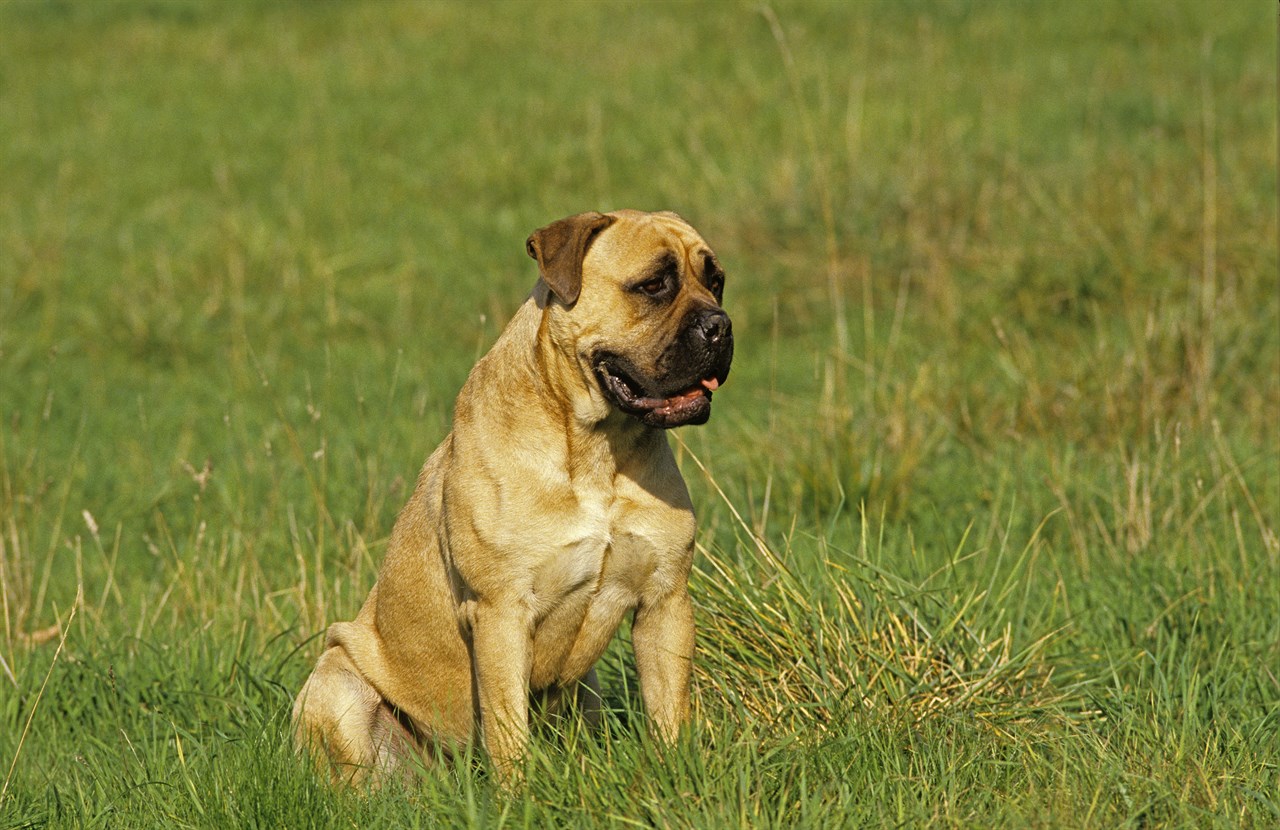Mastiff Shedding: A Closer Look at Their Coat

Mastiffs, with their short and dense coat, have unique shedding characteristics that set them apart from many other breeds. Understanding their shedding patterns can help you manage grooming and cleanliness effectively.
Shedding Characteristics of Mastiffs
- Low to Moderate Shedding: Mastiffs are not considered heavy shedders. Their short coat sheds moderately throughout the year, but they are not known for seasonal, heavy shedding like some double-coated breeds.
- Short, Dense Coat: The Mastiff's coat is short, straight, and close to the body. This type of coat tends to shed less than longer, double coats found in many other breeds.
- Minimal Grooming Needs: Due to their short coat and low shedding, Mastiffs require minimal grooming. Regular brushing with a soft-bristle brush or a grooming mitt can help remove loose hair and keep their coat looking clean and shiny.
- Occasional Bathing: Mastiffs typically don't need frequent baths unless they get exceptionally dirty. Their coat naturally repels dirt, and over-bathing can strip their skin of essential oils.
- Regular Ear Cleaning: One area that may require attention is their ears. Mastiffs have floppy ears that can trap moisture and debris, making them prone to ear infections. Regular ear cleaning is important to maintain ear health.
- Seasonal Shedding Variations: While Mastiffs don't have major seasonal shedding events, some individuals may experience slightly increased shedding during seasonal changes, such as spring and fall.
Managing Mastiff Shedding
- Regular Brushing: Brushing your Mastiff's coat a few times a week can help reduce shedding by removing loose hair and distributing natural oils, which can keep the coat healthy and shiny.
- Healthy Diet: Providing a high-quality, well-balanced diet can promote overall coat health and reduce excessive shedding. Consult with your veterinarian for dietary recommendations.
- Supplements: Omega-3 fatty acid supplements can improve coat condition and may help reduce shedding. Consult your vet before adding supplements to your dog's diet.
- Environmental Control: Regular cleaning and vacuuming of your home can help manage loose hair. Using a lint roller on furniture and upholstery can also be helpful.
- Regular Grooming: Keeping your Mastiff's ears clean and dry, as well as maintaining proper oral hygiene, can contribute to overall well-being and reduce potential odours associated with their size.
- Consult Your Vet: If you notice a sudden increase in shedding, skin issues, or excessive hair loss, consult your veterinarian to rule out any underlying health concerns.
Are Mastiffs Messy?
Mastiffs, like all dogs, can create some mess, but they are not typically considered excessively messy. Their short coat means less shedding compared to longer-haired breeds, which can help keep your home cleaner. However, their size can make them slobber-prone, especially after eating or drinking. Some individuals may also be prone to drooling in certain situations. Keeping a towel handy can help manage slobber and keep your Mastiff and your home clean.
In conclusion, Mastiffs are not known for heavy shedding, and their short coat requires minimal grooming compared to many other breeds. With regular brushing and basic maintenance, you can effectively manage their shedding and enjoy a relatively tidy living environment with your gentle giant.